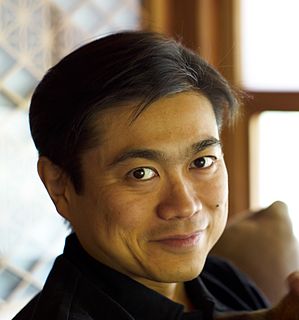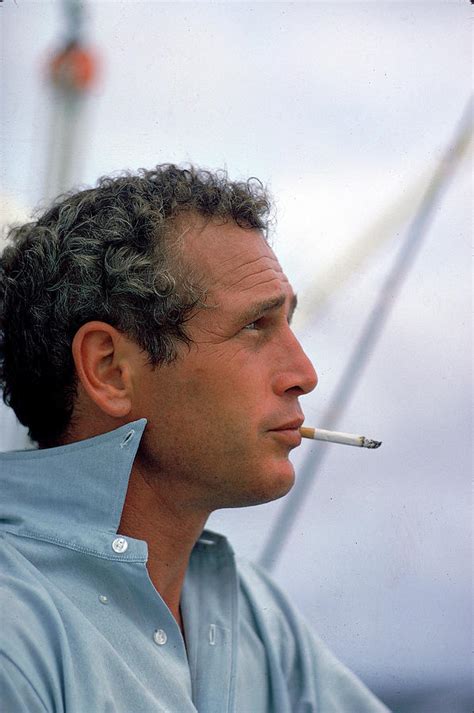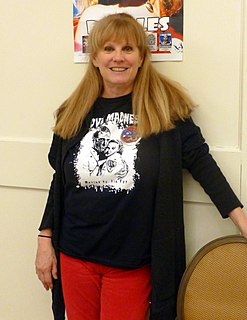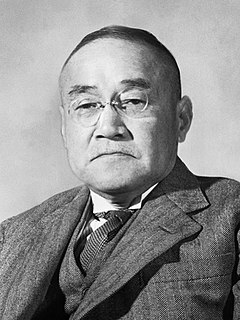A Quote by Takashi Miike
One Missed Call,' it was regarded as a mainstream film for my career because it was big budget and filmed in Japan and it really opened wide in Japan, it did really well commercially. So I was really surprised.
Related Quotes
I really love Japan, and I liked living there very much, and there are so many terrific things about Japan. However, I do think what's amazing is that Japan really prides itself on being monoracial. It doesn't have the same kind of idea as in the U.K. or Canada or the United States, in which the idea of diversity is a strength.
I remember my very first encounter with Japan. At that time, I was Deputy Mayor of St Petersburg. Out of nowhere, Japan's Consul General in St Petersburg came to my office and said Japan's Ministry of Foreign Affairs wanted to invite me to Japan. I was very surprised because I had nothing to do with Japan except being a judoka. This was an opportunity to visit Tokyo and a couple of other cities. And, you know, a capital is a capital everywhere: there is the official script and certain protocol. It is always easier to talk in the provinces, the conversation is more natural.
I don't really have a career as a jazz musician. I don't really have a career as a classical musician. I don't really have a career as a college professor, and yet I did all those things and I did them well. I put out some records in the 1980's and 1990's that changed the way some trumpet players played.
I think Japans work really hard, and when they have a chance to listen to music, they just go crazy. And the Ramones would be a natural fit for Japan, because Japan invented the cartoon, and the Ramones, especially in Rock 'N' Roll High School, are very cartoonish. So it'd be a perfect group for them.




































